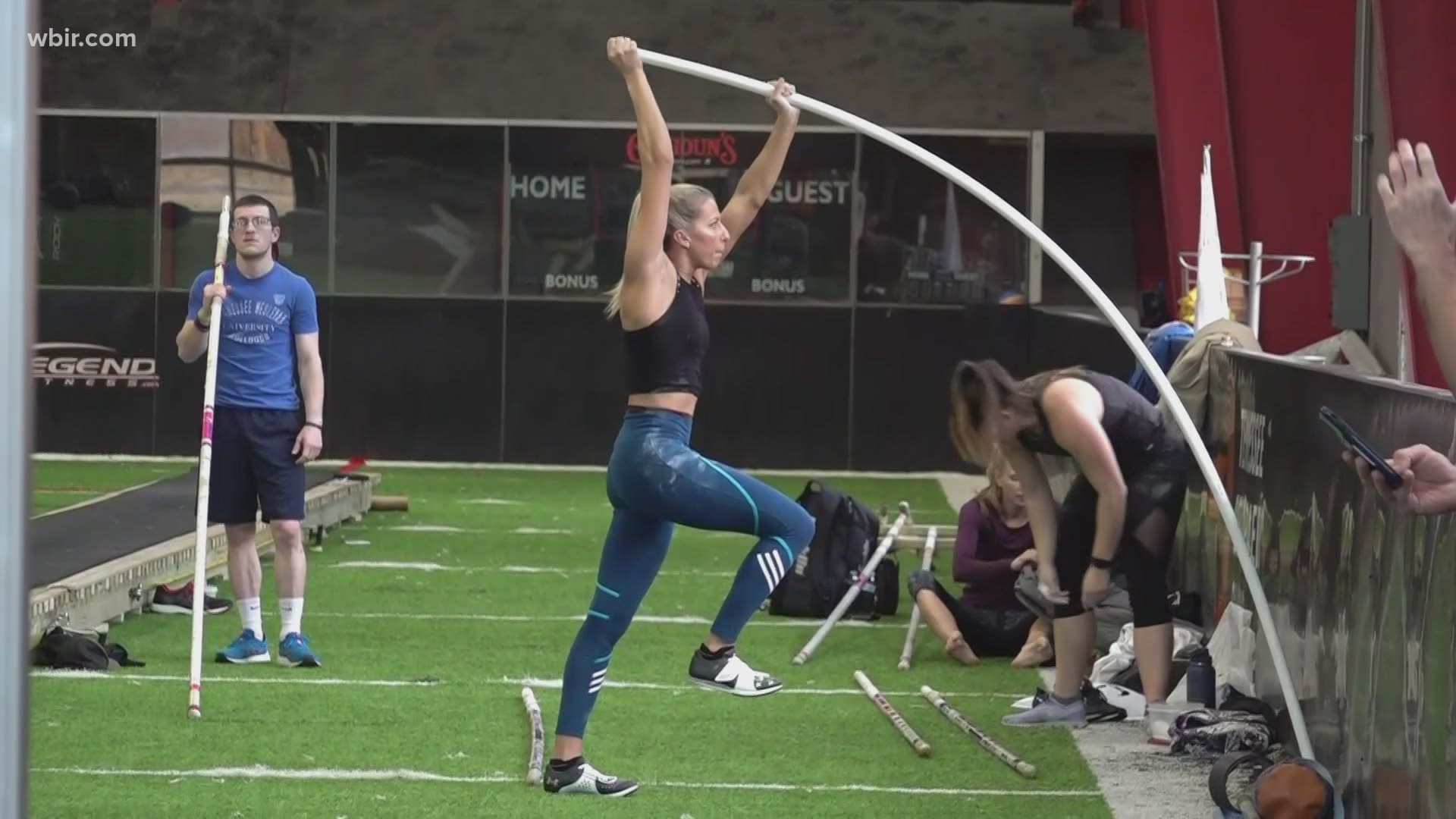NASHVILLE, Tenn — Aries Merritt, the world’s fastest man in the 110-meter hurdles, is getting ready for a comeback year.
In 2012, he won gold in the London games and set the world record – a record that still stands today.
“When I won the Olympic Games, the emotions that were going through my head were just, oh, it’s over was relief,” said Merritt. “Breaking the world record was like, ‘My God, I finally did something great.’”
Merritt, a University of Tennessee track alumni, barely missed the 2016 Olympics in Rio De Janeiro, Brazil, after getting a kidney transplant from his sister.
The 2020 Tokyo Olympics was supposed to be his comeback year, but COVID-19 derailed it last summer.
Merritt spoke with News4 about the steps he’s taken to get back on the main stage.
“I’m just excited to get back out there and see what happens,” said Merritt, who will turn 36 on the second day of this year’s Olympic Games.
After a year of unknowns, Merritt is training for his final Olympics.
“I don’t think my body can handle another four-year cycle, so this is definitely my farewell song for the Olympic games,” said Merritt.
Nine years ago, the University of Tennessee alumni won gold in the 2012 London Olympics and weeks later he went on to set the world record in the 110-meter hurdles.
“I won every major championship I competed in that year,” said Merritt. “I won Olympic gold and then three weeks later after that I broke the world record, and it was just a great year. They call it a magical season.”
His coach Andreas Behm has been there for the last 13 years.
“I think it’s a very special and unusual relationship and situation to be coaching, an athlete for that extended period of time,” said Behm.
During those 13 years, Merritt battled a deadly kidney disease before getting a kidney transplant from his sister.
“My sister was one of the first people I called,” said Merritt. “She immediately went and got tested to see if she will be a match.”
After recovering from the transplant, Merritt knew his chances of getting into the 2016 Olympics were slim.
“I missed it by 0.01 despite not trained in a very long,” said Merritt.
After 2016, he knew he had one more chance to win gold – the 2020 Tokyo Olympics.
But he had to overcome injuries, a cancer diagnosis for his mother and then the COVID pandemic, which pushed the Olympics to 2021.
“Even if this is my last time running, or my last year running, you know I had a great career,” said Merritt. “I’ve won the world title, I’ve won the Olympic title, I’ve broken the world record. I’ve done pretty much everything you can do in the sport.”
It would be the height of a very historic career.

